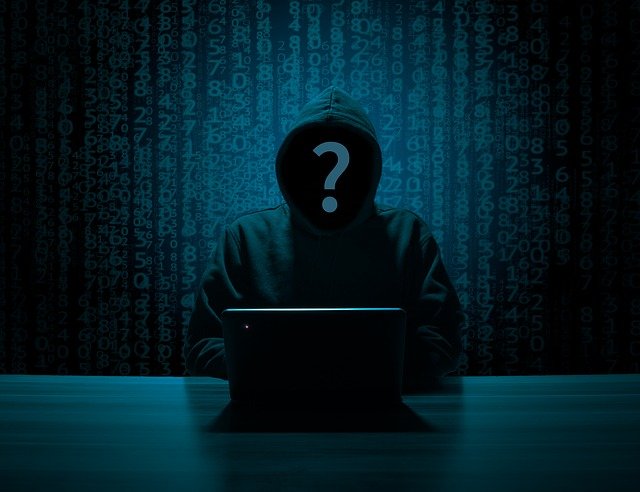Cyberstalking is covered under California’s broader stalking law, Penal Code section 646.9.
In its most basic terms, it’s a crime to annoy or harass someone with electronic communications and to make credible threats of harm to the recipient or the recipient’s family.
Penal Code section 646.9 states that “Any person who willfully, maliciously, and repeatedly follows or willfully and maliciously harasses another person and who makes a credible threat with the intent to place that person in reasonable fear for his or her safety, or the safety of his or her immediate family is guilty of the crime of stalking[.]”
Harassing means engaging in a knowing and willful course of conduct directed at a specific person that seriously annoys, alarms, torments, or terrorizes the person and that serves no legitimate purpose.
A course of conduct means two or more acts occurring over a period of time, however short, demonstrating a continuous purpose
To give the law greater enforceability in the digital age, the California legislature stated a “credible threat,” as required for a stalking conviction, may be made by the use of an electronic communication device. (Penal Code section 646.9(g))
Electronic Communication Devices include but are not limited to, telephones, cellular phones, computers, video recorders, fax machines, or (oddly enough) pagers (Penal Code section 646.9(h)) Electronic Communications also borrow from the extremely broad federal definition meaning “any transfer of signs, signals, writing, images, sounds, data, or intelligence of any nature transmitted in whole or in part by a wire, radio, electromagnetic, photoelectronic or photo-optical system” (Penal Code section 646.9(h) and 18 U.S. Code section 2510.)

What’s the Worst that Could Happen?
Cyberstalking is a wobbler, meaning it can be prosecuted as a felony or misdemeanor. Prior convictions for domestic violence (Penal Code section 273.5), violations of domestic violence restraining orders (Penal Code section 273.6), or criminal threats (Penal Code section 422), increase the minimum and maximum punishments.
- As a misdemeanor, no priors: 1-year county jail maximum, $1,000 fine maximum
As a misdemeanor, with priors: 1-year county jail maximum, $1,000 fine maximum
As a felony, no priors: 16 months or 2 or 3 years state prison, registration as a sex offender (in the discretion of the court)
As a felony, with priors: 2, 3, or 5 years state prison, registration as a sex offender (in the discretion of the court)
What Defenses can Los Angeles Cyberstalking Lawyers Provide?
To be convicted at a trial, the prosecutor must prove beyond a reasonable doubt that
- The defendant willfully and maliciously harassed or followed another person AND;
- The defendant made a credible threat (online or offline) with the intent to place the other person in reasonable fear for her safety or for the safety of her family;
Cyberstalking is a specific intent crime, so to convict someone of this offense, the prosecutor must prove beyond a reasonable doubt that at the time the communications were sent to the recipient, the intent of the sender was to place the recipient in reasonable fear for their safety or the safety of their family.
This presents a difficulty because only the accused generally knows what their intent was at the time they acted. However, a prosecutor is allowed to prove mental state and intent by circumstantial evidence. If the content of the messages is threatening, and the sender had no other reason to send threatening messages other than to terrorize the recipient, a jury can infer that it was the sender’s intent to do so.
Further, because the cyberstalking law criminalizes speech, an accused person might have some first amendment protections from prosecution. In fact, courts have held that “A person is not guilty of stalking if her conduct is constitutionally protected activity.”
(California Criminal Jury Instructions 1301; See Civ. Code, § 1708.7(f) [civil stalking statute].) So, it is more difficult to prove a cyberstalking case where the victim is a politician or government figure and the messages seem directed squarely at the political actions of the recipient (E.g. “You should be afraid of what God will do to you for supporting abortion! You’re going to rot in hell forever!” written to a state or local government official.)
